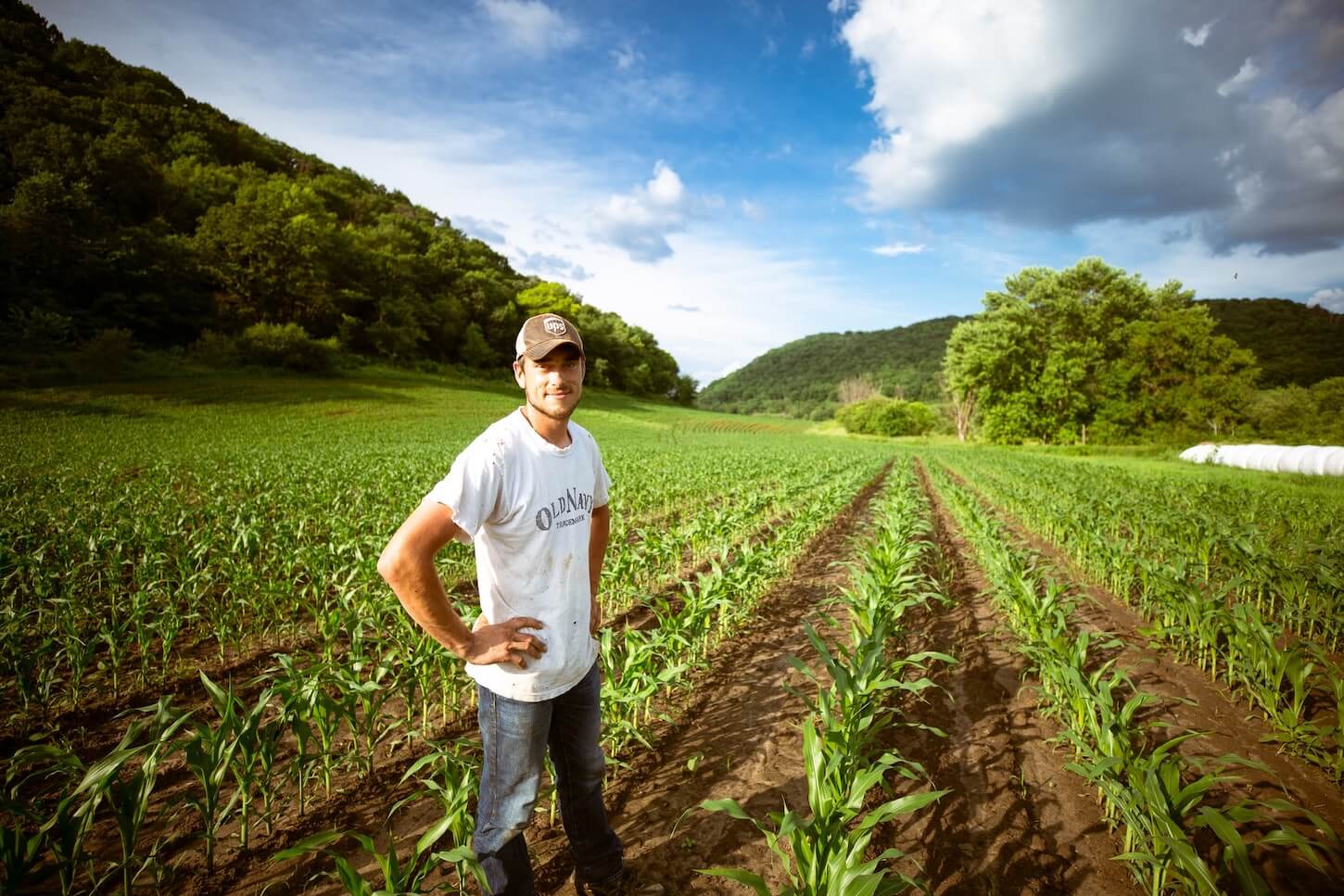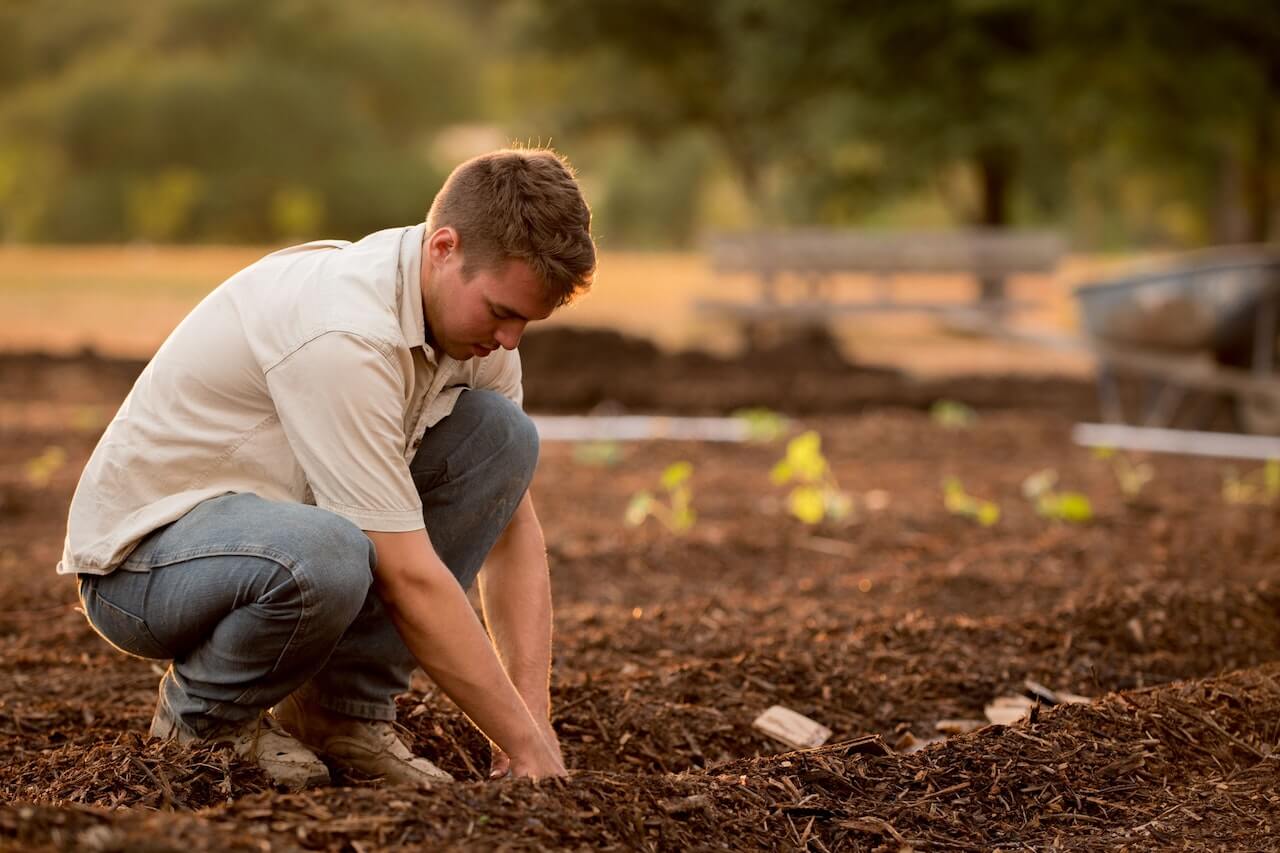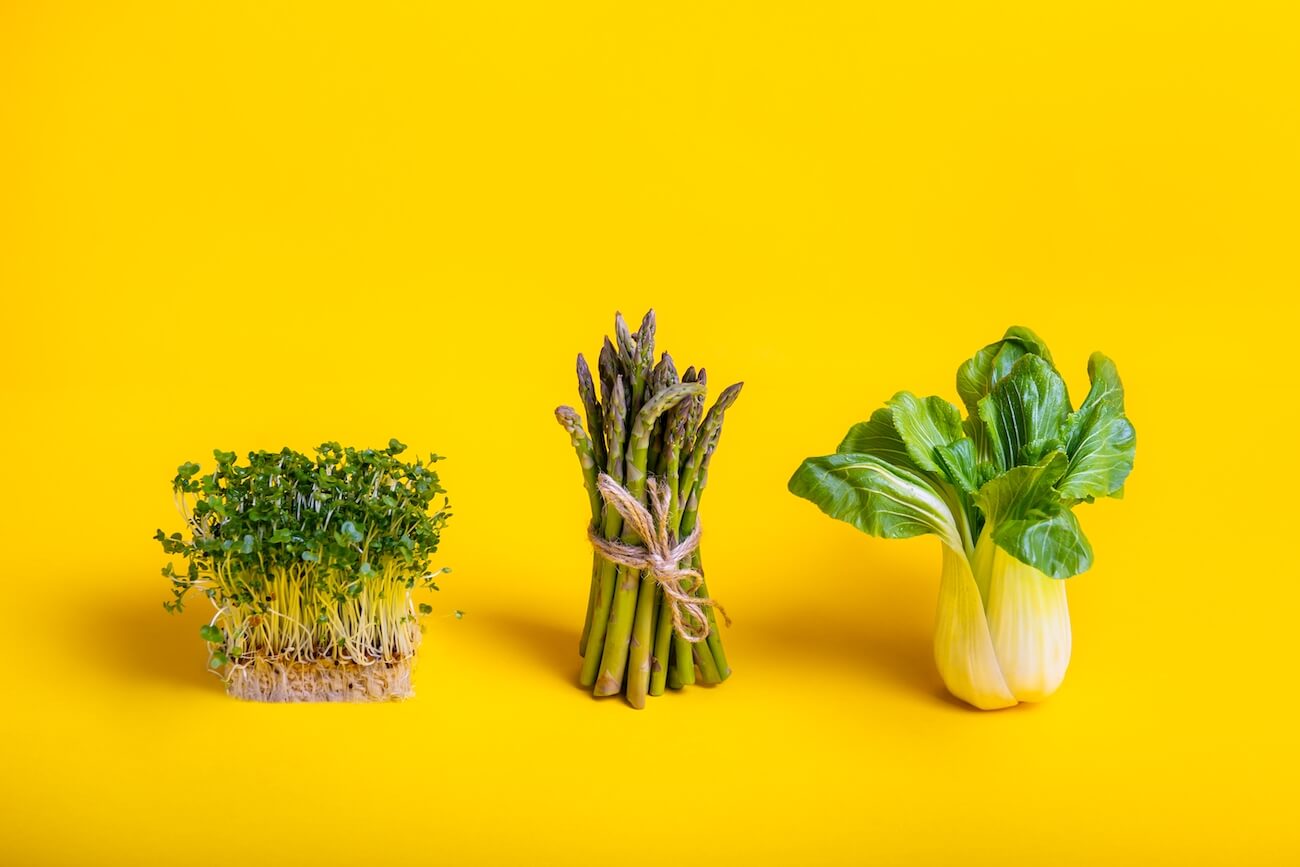You probably caught the rising trends with terms like organic, fair trade, ethically sourced or wild caught. It has been a big topic of discussion mostly because the farmers and manufacturers used illegal or immoral ways to cut the costs in supply chains to increase their profits.
Obviously, troubles with over consumption impact the whole environment. The environment itself is very vulnerable to hard practices of a local government and inability to protect the labor or any people involved in producing the raw materials and commodities.
Tragic examples are coffee, cocoa and avocado farms. These commodities doubled or even tripled in production. This demand causes big issues.
In Mexico, local gangs and drug cartels keep farmers in risk of their lives because they want to control and influence the journey of avocados.
Deforastation
Avocados also require lots of water and soil which is used at the expense of the environment. Since areas of production are poor, these farmers are trying to illegally deforest the place to get more avocados planted.
That’s where the stamp ethically sourced comes in. Some producers voluntarily sign up for this certification in order to avoid the conflicts that come with no ethical sourcing.
The 3rd party inspector therefore comes a few times a year to see if everything is done ethically. Consumers then know what they buy. Ethically sourced goods became a big phenomena among the food producers, that is now recognised by end consumers too.
Some wholesalers even have shelves with a mark “organic” vegetables, fruits or other products.
So what does an “ethically sourced” actually mean ?
Ethically sourced products are those that come from the manufacturing practises that are responsible, sustainable and ethical in different ways. Their products guarantee that the process behind did not hurt any human, society and also environment.
How to recognise if items are ethically sourced ?
One of the simple ways to find out if the products are ethically sourced is to look up their business on the website or facebook account. Companies that have their food ethically sourced, usually put it into their values or mission statement.
Of course there are some companies that only pretend that. If you want to be absolutely sure you should check the registers like Global Organic Textile Standard (GOTS), Fairtrade International, Vegan Action, Forest For All Forever or Cruelty Free Forever.
These certifications cost quite a lot of money so small firms can not afford that even if their goods are sourced ethically. If the owner of the manufacturer claims that on the website, it might be true. Mainly those little guys that do not make huge profits. In my opinion they have little to nothing to hide.
One other way to check for facts is to look up their supply chains. If companies provide transparent information about raw materials, distribution, workers or how they pay tax, it can help you assess the right quality of ethically sourced materials.
One last way is to just consider the firm’s background.
Why do ethically sourced materials matter ?
Environmental issues are more and more tragic. Ethical sourcing not only protects the ecosystems but also provides more solid reward for the workers involved within the whole supply chain. Take in consideration that approximately 30 million people are under illegal labor.
Ask yourself if you would prefer to buy from a transparent supply chain or you would not mind.
In a research that was conducted in 2015, 68% of the asked consumers would prefer to buy items from the transparent supply chain. Consumers simply more and more want to know what they eat, where it comes from and how it was processed.
If fair trade the same ?
Ethically sourced means that processes throughout the supply chain were controlled to protect humans, environment and was done sustainably.
Fair trade mark ensures that the workers receive a fair amount from the money shares that were made in the process of trading. Fair trade stamps can only be used when fair amounts are met.
To a degree, fair trade and ethically sourced goods have similarities, but ethical sourcing has different policies in different organisations and governments. So if you want to know, read the company’s policy.
Brands: Which brands care about sustainability the most
Patagonia is the leader among them. You can watch their youtube channel. They spend so much money in marketing budgets to keep the whole supply chain transparent and even invest in supporting the 3rd sector.
Adidas is another great example of ethically sourced snicker materials. They provide many certifications on their website.
Starbucks should be mentioned here because almost 100% of their coffee beans were ethically sourced. Starbucks also helps to reduce landfill waste by 50% by the year 2030.
Last word
If you’re a brand, local farmer or a consumer. We all play our part in keeping the environment as sustainable as possible. There are many companies that fulfil your demand so why not choose to buy from the one that also cares about the environment we live in.




